A union’s strength is in its members, and one of the great strengths of The Animation Guild is its member-run committees. Reinvigorated in 2017, this all-volunteer system now boasts more than 18 groups and committees. Each focuses on particular needs within the union’s larger oversight of a variety of complex jobs.
On a fundamental level, the benefit of such specialized committees is that “members are the ones who are on the ground, working within the studios,” says Teri Hendrich Cusumano, Co-Chair of the Color Designers Committee. “Members are positioned to be their own best advocates.”
But the committees also offer so much more. They are safe spaces for difficult discussions, as Writers Committee Co-Chair Patrick Rieger notes, “It’s nice to know that if I have an issue … I’ll be explaining it to a group of working writers with an in-depth knowledge of my craft.” And the committees provide a variety of personal and career support. The Family and Membership (FAM) Committee has a caregiver support group, for example, and there are programs like the Storyboard Committee’s Supervising School, which the committee’s Co-Chair Jake Hollander says is designed “to bridge the gap between supervisor and board artists and revisionists.”
As for the volunteer aspect, Co-Chair of the Queer TAG Committee, Andy Garner-Flexner says, “It can be difficult to volunteer your time and energy into free labor, but it’s vital that members are running these committees to give appropriate voice to our cause and mission statement.”
While it can be daunting to consider heading up a committee, it’s important to remember that the committee chairs aren’t necessarily experienced leaders. “For a long time, I held myself back from volunteering with 839 because I thought someone more qualified should/would do it,” says Mairghread Scott, Chair of the Writers Committee. “[But] I kept hearing from writers that they didn’t know how to make their concerns known and wanted more of a voice in the Guild. [What I discovered is that] I didn’t have to be the perfect writer or leader. Together, we’re the perfect leader. That’s what unions are all about.”

Committees come about in a variety of ways, and in the case of the Queer TAG Committee, more than one person initiated it when they saw a need to be met. Nora Meek, who now Co-Chairs the Young Workers Committee, says, “A lot of it was seeing firsthand as a queer animator that the animation industry has a queer community, but … it was difficult for us to connect.” Meek expressed her desire to head up a pride committee and discovered that two other TAG members, Garner-Flexner and Derek LaMastus, had done the same. “We made contact and gathered anyone and everyone who might be interested in heading up such a group, met for lunch, and Queer TAG was born!”
For the FAM Committee, Co-Chair Kristin Donner says, “We first became aware of this need through our involvement with the Negotiations Committee … As we crafted a proposal for paid leave, we asked Guild members to share their experiences with family leave, sick days, and bereavement. We discovered that some working parents and caregivers felt excluded, unprotected, or even discriminated against.”
Existing committees also inspire the development of new committees. Regarding the origins of the People of Color Committee (POCC), Co-Chair Roger Oda explains, “Issues involving racial minorities is a part of my life that I am passionate about but have always kept apart from the Guild. Honestly, it was only in the last few years and after seeing activity from our amazing Queer TAG, FAM, and Color Designers committees that I considered it. It would at first seem that equal rights and representation is a natural partner to organized labor, but that is not always the history of our industry. I wanted to be a part of making future generations feel like they have a place here.”

Each committee works hard on its own goals, such as making sure writers get paid for pitching on pre-existing IP (Writers Committee) and building representation and addressing bathroom situations at studios (Queer TAG). They also get results. Members of the FAM Committee drafted successful resolutions for the last two IATSE District 2 Conventions. And through its 2018 #ColorIsDesign campaign, the Color Designers Committee negotiated the same above-scale rate for color designers as their background paint colleagues on Season 5 of Rick and Morty.
With the pandemic, committees have become even more valuable, adapting their methods of support and resources, from the FAM Committee’s virtual parent hangouts to Queer TAG’s [unofficial, volunteer member-run] Discord group. While each committee might seem as though it’s an entity unto itself, together they meet a greater collective need. As Oda says, “There are complicated discussions to be had if we want to really work through differences and have true solidarity. There are different forces in business and politics, but much of the work is amongst ourselves.”
All TAG members are encouraged to join committees or start new ones. Learn more about TAG committees and how to start a committee on the TAG website.
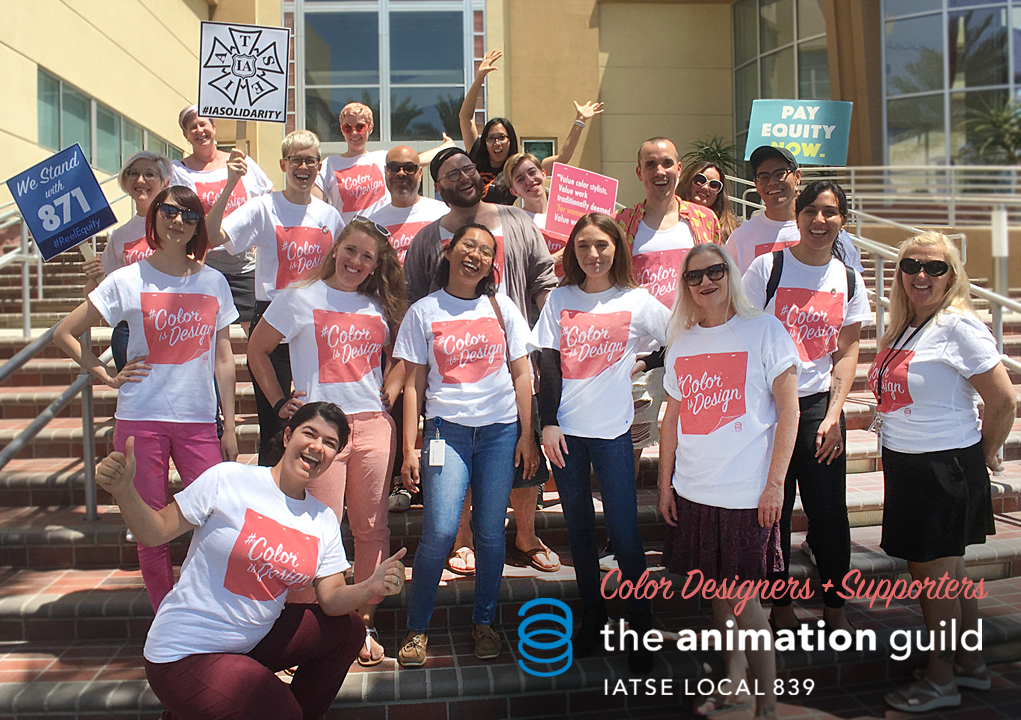
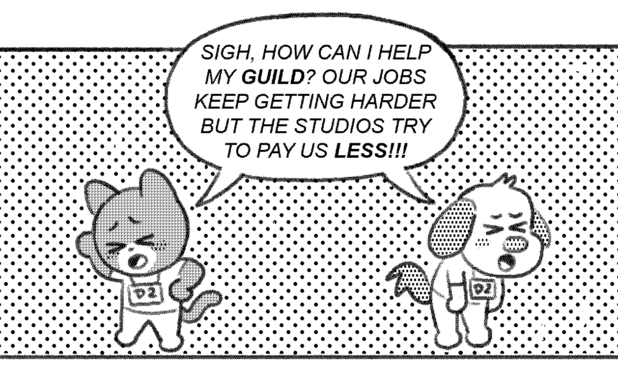
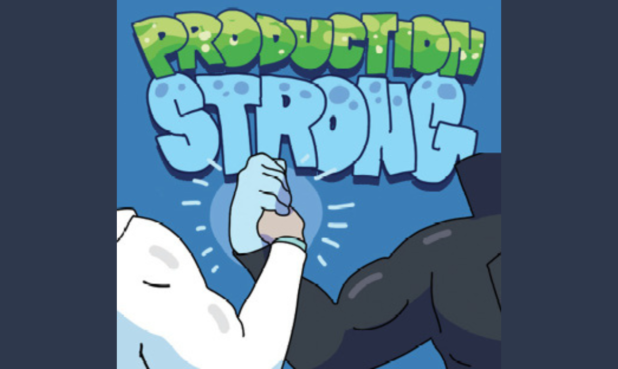
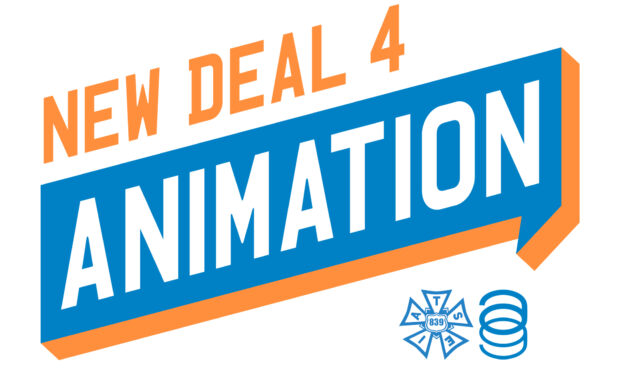
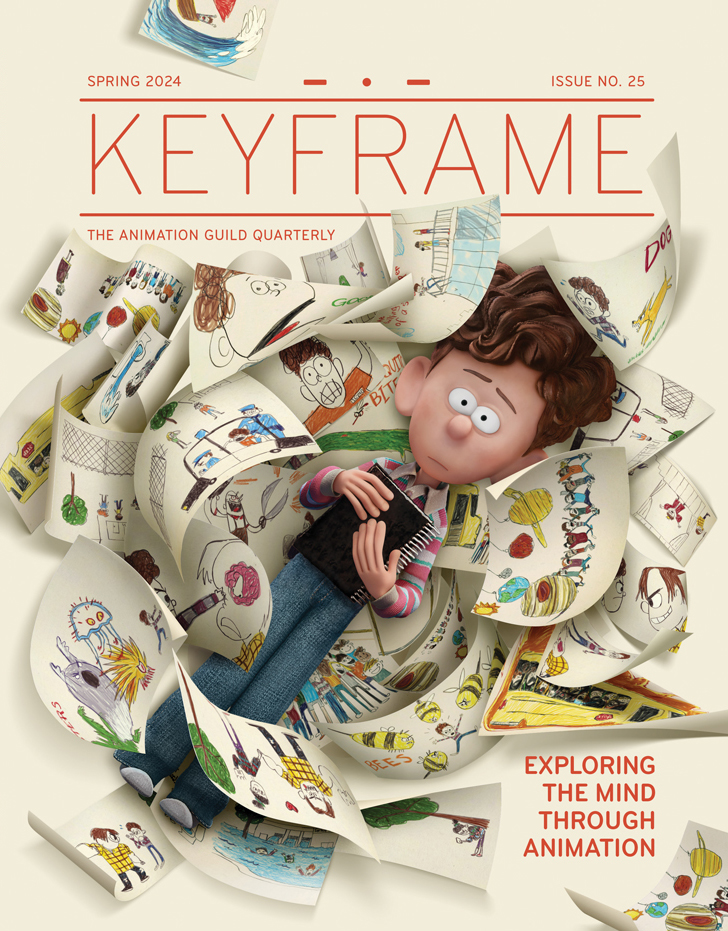
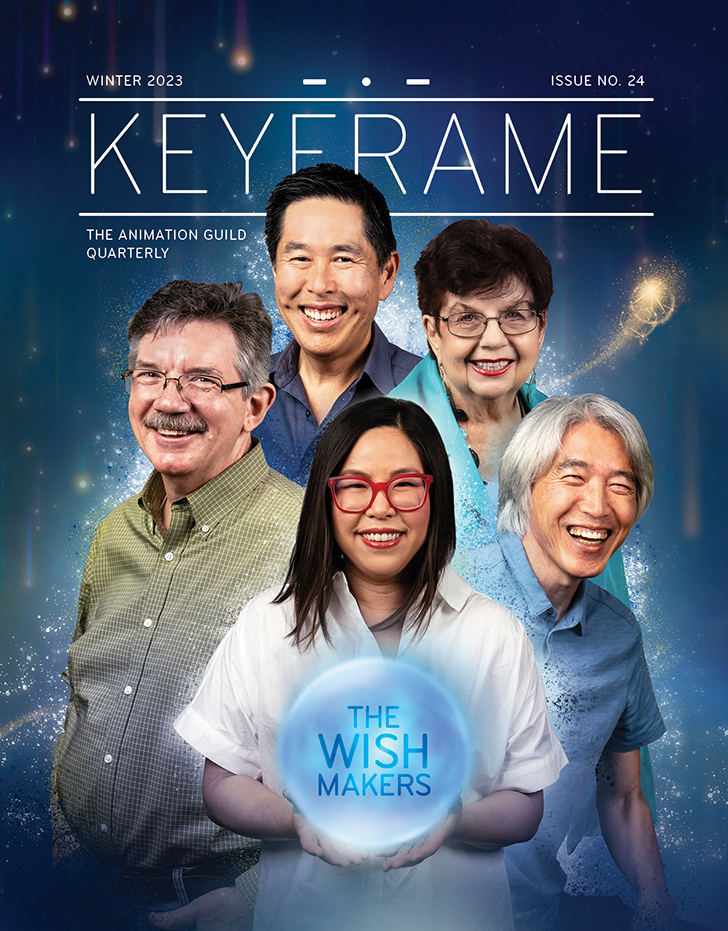
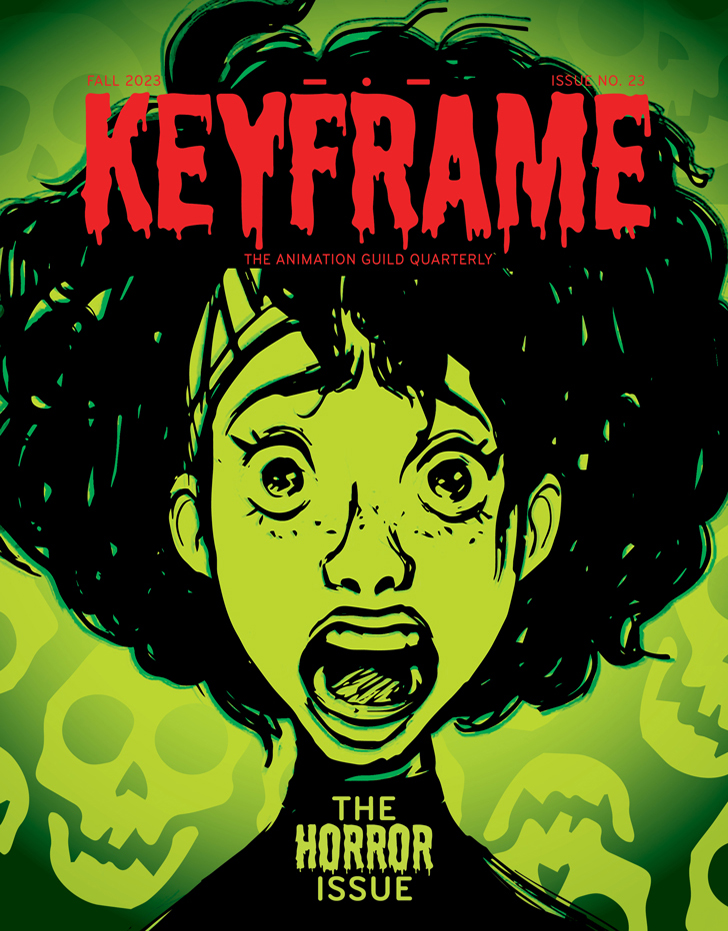
.png)